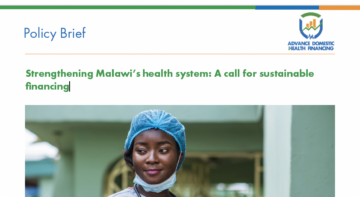
The Corona virus disease 2019 is an emerging severe respiratory disease caused by a novel virus SARS-Cov-2. It was first detected in December 2019 in Wuhan, China,1 and declared a pandemic on 11 March, 2020. The first case was reported in Kenya on 13 March, 2020 and as of 16 September, 2020 there were 36,205 cases, 23,243 recoveries and 624 deaths translating to a case fatality rate of 1.7%.2 The Ministry of Health through the National Emergency Response Committee on Coronavirus has put in place several measures to reduce disease transmission and increase prevention efforts including: mandatory face-masking in public, promotion of hand and cough hygiene, dusk to dawn curfew, (including initial restriction of movement into and out of hot-spot counties), promotion of social and physical distancing, suspension of learning in all education institutions, and promotion of working from home modalities. More recently, the government has added the home-care management of the asymptomatic and mild cases. It has also decentralized the COVID-19 response to counties and is focused on optimizing the use of a community strategy in managing and controlling the disease.
To generate evidence needed to inform the ongoing government efforts to control the spread of COVID-19, the Ministry of Health in collaboration with the Kenya Medical Research Institute and the African Institute for Development Policy conducted a Knowledge, Attitudes, Perceptions and Practices survey between June-July 2020.
Related Publications





